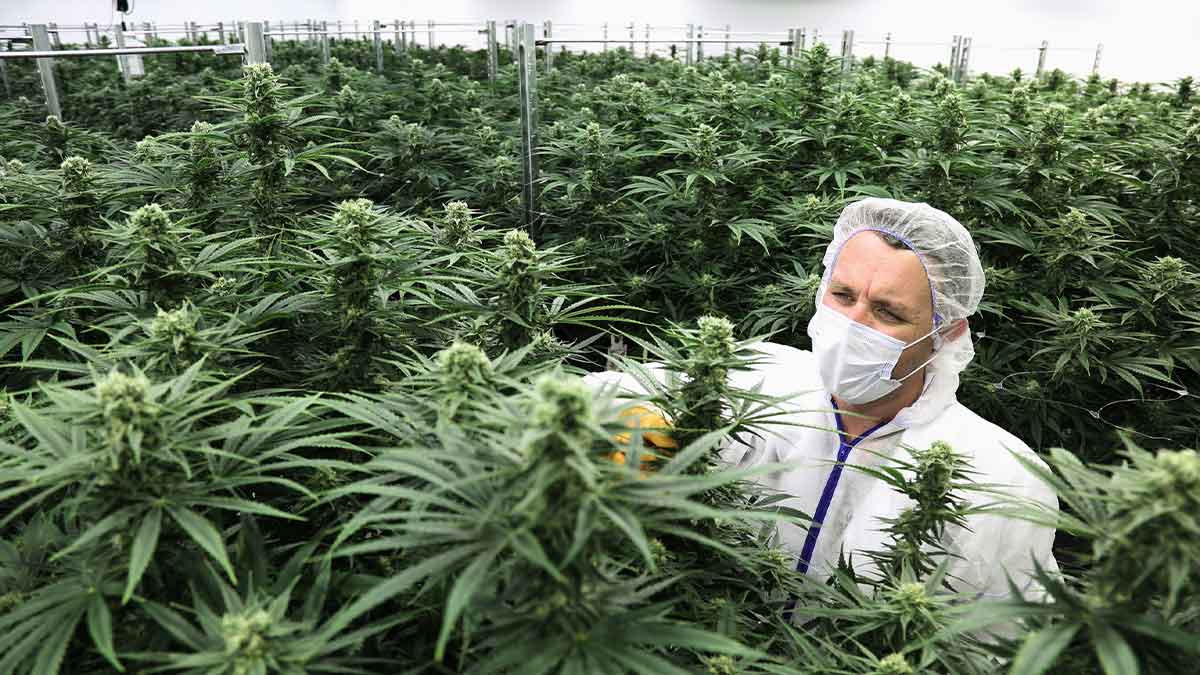The Secretary of the Ministry of Science and Technology (MoST) revealed that Pakistan has the potential to generate $8 billion in revenue within four years by employing a policy on marijuana.
He said this in a meeting of the Standing Committee on Science and Technology held under the chairmanship of Senator Shafiq Tarin.
The meeting discussed that the government could produce $2 billion in revenue just within a few months by devising a policy on cannabis use.
According to the revealed information, the authority would issue licenses to manufacturers and farmers to crop marijuana (Bhang) for medical and industrial usage. The license for marijuana (Bhang) production would be valid for 15 years.
Read more: Pakistan plans to tap into $25 billion legal cannabis market
The authority would further issue five different kinds of licenses including a medical, industrial, processing, research, and development license.
Meanwhile, the Department of Commerce would issue a special permit for the export of marijuana.
The Minister of Science and Technology Shibli Faraz stated that Pakistan has never applied a cannabis (marijuana) policy however considering the current economic conditions; it is time for the state to earn revenue through the legal sale of the drug.
He further mentioned that the MoST had formulated a policy on the use of cannabis but the Cabinet did not approve it. However, it was developed after consultations with investors, including the commerce, education, and anti-narcotics ministries and it was also within the limits of the international institutions, the minister added.
Relating the cannabis policy to the country’s foreign debts, the minister remarked that the International Monetary Fund (IMF) imposes very strict conditions on loans worth $6 billion and heavy amounts of interest. He said that the government could lessen the burden on the economy if Pakistan develops a cannabis policy.
Moreover, Faraz said that the government had been getting countless applications for the cultivation of hemp leaves. In the initial phase, he added, 100 firms were given licenses for the purpose.





















